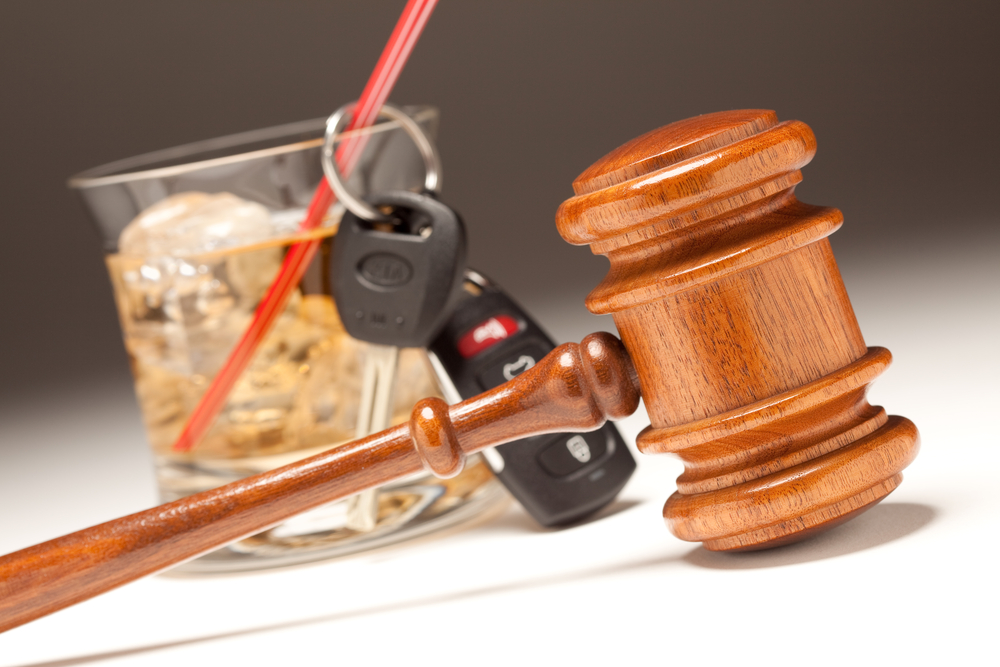Introduction: Comprehending the Requirement for Option Sentencing Options
Driving under the impact (DUI) is a serious offense that can have severe consequences. It not only puts the lives of the driver and others at risk but also carries legal charges that can have lasting impacts. As an outcome, there has been a growing motion towards checking out alternative sentencing options for DUI transgressors. These options intend to deal with the underlying issues behind impaired driving while offering a chance for rehab and reducing recidivism rates.
Exploring Various Types of Alternative Sentencing Options
1. Community Service as an Alternative Sentence
Community service has actually ended up being a popular alternative sentencing choice for DUI culprits. It involves carrying out unsettled work in the neighborhood, such as cleaning up public areas, assisting at local charities, or taking part in curricula. This kind of sentence permits wrongdoers to give back to their communities while likewise working as a form of punishment.
2. Ignition Interlock Devices: A Technological Solution
Ignition interlock devices (IIDs) are another alternative sentencing alternative gaining traction in many jurisdictions. These devices need drivers to pass a breathalyzer test before starting their automobiles. If alcohol is spotted, the car will not start, thereby avoiding impaired driving. IIDs are typically https://dui-recordshgsb702.weebly.com/blog/dui-lawyer-or-do-it-yourself-defense-which-is-more-effective used as a condition of probation or as part of a limited license program.
3. Alcohol Education and Treatment Programs
Alcohol education and treatment programs offer DUI culprits with the opportunity to resolve their alcohol abuse concerns and make positive modifications in their lives. These programs focus on informing participants about the threats of impaired driving and providing tools to conquer addiction. By attending to the root cause of DUI offenses, these programs intend to minimize recidivism rates.
4. Restorative Justice: Fixing Damage Through Dialogue
Restorative justice approaches concentrate on fixing damage brought on by DUI offenses through dialogue in between transgressors, victims, and the community. These programs intend to hold culprits accountable for their actions while offering an opportunity for healing and reconciliation. By including all stakeholders while doing so, corrective justice looks for to develop a sense of compassion and understanding.
5. Home Arrest: Restricting Movement as a Deterrent
House arrest, likewise known as electronic monitoring, includes restricting a wrongdoer's motion by requiring them to stay at home during particular hours or for a designated period. This alternative sentencing option aims to hinder DUI culprits from duplicating their offenses by restricting their ability to engage in dangerous behavior.
6. Sobriety Treatment Courts: A Holistic Approach
Sobriety treatment courts provide an alternative sentencing option that integrates judicial guidance with substance abuse treatment. These specialized courts focus on addressing the underlying concerns of dependency through comprehensive programs that consist of routine drug testing, counseling, and probationary requirements. The goal is to promote long-lasting healing and decrease recidivism rates.
FAQs about Exploring Alternative Sentencing Alternatives for DUI Offenders
1. What are the advantages of exploring alternative sentencing alternatives for DUI offenders?
By exploring alternative sentencing choices, we can resolve the root causes of impaired driving, decrease recidivism rates, and promote rehab instead of relying entirely on punitive measures.
2. Can alternative sentencing alternatives work in avoiding future DUI offenses?
Yes, research studies have actually shown that alternative sentencing choices can be reliable in decreasing recidivism rates among DUI transgressors. By dealing with underlying problems such as addiction or lack of education, these options use a possibility for individuals to make positive changes in their lives.
3. How does social work advantage both DUI wrongdoers and the community?
Community service allows DUI transgressors to apologize for their actions while also contributing favorably to their neighborhoods. It offers an opportunity for individual development and helps offenders comprehend the impact of their habits on others.
4. Are ignition interlock gadgets an effective deterrent for impaired driving?
Yes, ignition interlock gadgets have been shown to be an effective deterrent for impaired driving. By avoiding the automobile from beginning if alcohol is identified, these gadgets significantly lower the threat of repeat offenses.
5. What function do alcohol education and treatment programs play in alternative sentencing?
Alcohol education and treatment programs deal with the https://app.gumroad.com/monteithian0/p/picking-the-right-impaired-driving-lawyer-for-your-case underlying concerns of addiction that frequently add to DUI offenses. By providing transgressors with the tools and resources to overcome their dependency, these programs aim to break the cycle of impaired driving.

6. How does restorative justice advantage both DUI wrongdoers and victims?
Restorative justice permits DUI culprits to take obligation for their actions and apologize to victims and the community. It supplies a platform for discussion, healing, and reconciliation, promoting empathy and understanding in between all celebrations involved.
Conclusion: A Well Balanced Method to Addressing DUI Offenses
Exploring alternative http://duiattorneyfeestnjv623.wpsuo.com/dui-defense-techniques-that-work sentencing alternatives for DUI transgressors provides a more holistic method to attending to impaired driving. By combining punishment with opportunities for rehabilitation, these options provide an opportunity for people to break free from the cycle of dependency and make positive changes in their lives. As society continues to focus on public security while likewise promoting rehab, alternative sentencing choices will continue to play a vital function in shaping the future of DUI offender management.
